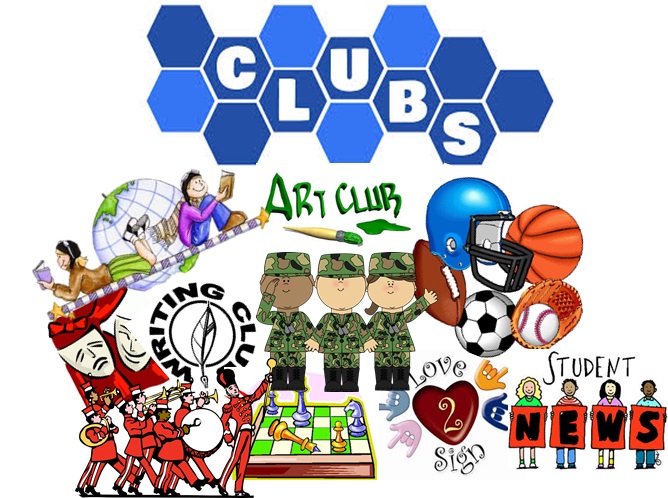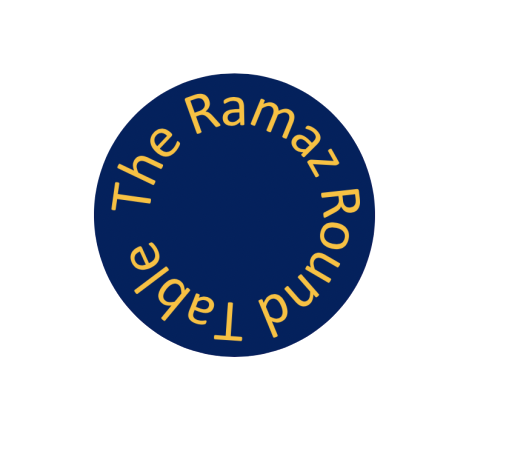Fake Clubs
Once upon a time, every extracurricular activity available at Ramaz was entirely legitimate. Think Math Club, Chess Team, Debate Team, Model Congress, Mock Trial – these clubs, with only a handful of others, are the foundation upon which Ramaz’s extracurricular catalog was built. Each of these clubs was founded by students with serious interests related either to a potential career path or hobby. The founder of Business Investment Club, Jacob Doft ’87, started his club because he was genuinely interested in inspiring his co-students to become passionate about investing, not because he wanted another impressive stat for his college application. The same can be said of Ramaz’s stem-based clubs (e.g., Engineering, Physics, Women in Stem), publications (e.g., Parallax, Rise, the Rampage), and chessed activities (e.g., Chesed Club and Coalition Against Hunger). Each of these clubs has a defined mission and purpose.
While Ramaz continues to offer several worthwhile and productive extra-curricular activities, there are nonetheless many clubs that, shall we say, seem a bit far-fetched and inauthentic. American Sign Language club? The Uno Club? Dancing for Dummies?
Is it just me, or does it seem like Ramaz has an “anything goes” policy when it comes to legitimate clubs? Any students who gathers a few friends and a faculty advisor is now given free reign to start a “club.” In most cases, the incentive for doing so is obvious: students don’t participate in serious extra curricular activities and need to create a list of activities for their college applications. This way of thinking, however, is completely flawed: the more illegitimate clubs that Ramaz allows, the less reputable its serious extracurriculars become. Who’s to say that Mock Trial and the Rubix Cube Club aren’t both equally serious, or even worse, equally unserious.
So, are Ramaz’s guidelines too lenient when it comes to what is and what isn’t a legitimate club? Should there be limits on making clubs at Ramaz? Should it be more hard to create a new club? And are students simply creating clubs to improve the quality of their college applications? The student perspective seems to be split. According to Aaron Zanger ‘21, Captain of the Mahjong Club (established in 2018), “Everyone that has an interest in something that appeals to other students should be able to start a club.” Zanger does make a valid point: if students hadn’t taken initiative by starting clubs that may have seemed unserious at first, then many of Ramaz’s most beloved clubs wouldn’t exist. Take RamPo – it began as a club where students “discuss politics” (not exactly a serious proposal), but it blossomed into one of the school’s most popular extracurriculars.
Alex Doppelt ’19, Captain of Mock Trial (established over three decades ago), had a different perspective on the above-stated questions. She stated, “It’s not fair to the student leaders of serious clubs when someone comes along, creates a random club, and never does anything afterwards.” Doppelt went on to say that “if a student wants to create a new club, he or she should need to hold three oficial meeting first. If attendance is high enough, and the meetings actually accomplish something, then it should be made into an official club.”
Ultimately, there should be some restrictions set in place so that Ramaz’s extracurricular offerings don’t become a joke. Ideally, clubs should meet on a weekly basis. At the very least, they should meet at least once a month. Additionally, a legitimate club should have its own mission statement, elaborating on that club’s purpose and goals.
Woody Allen once joked that he wouldn’t join any club that would take him as a member. It’s time that we start thinking about the silliness of some of our schools clubs. Only then can we ensure that extracurriculars at Ramaz don’t devolve into nothing more than a joke.




